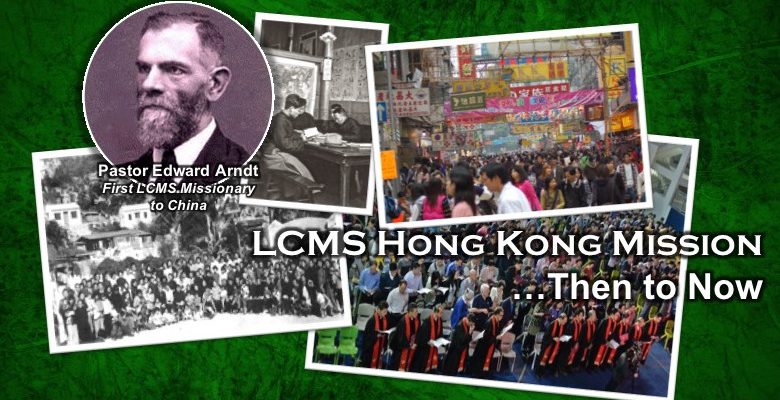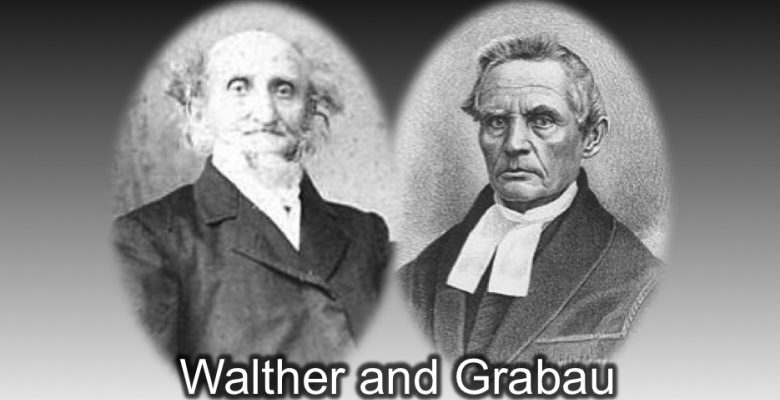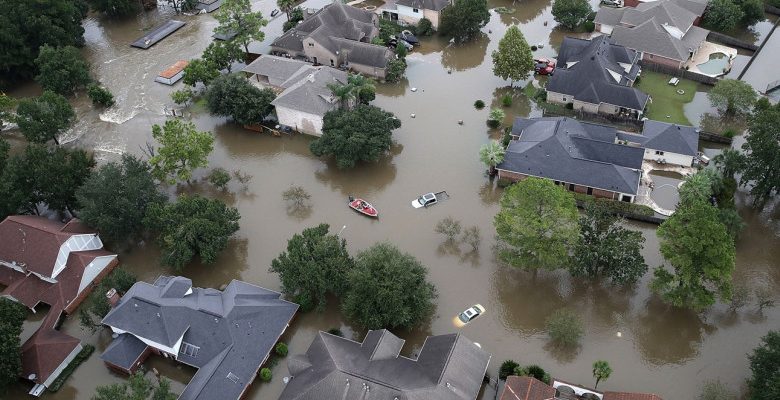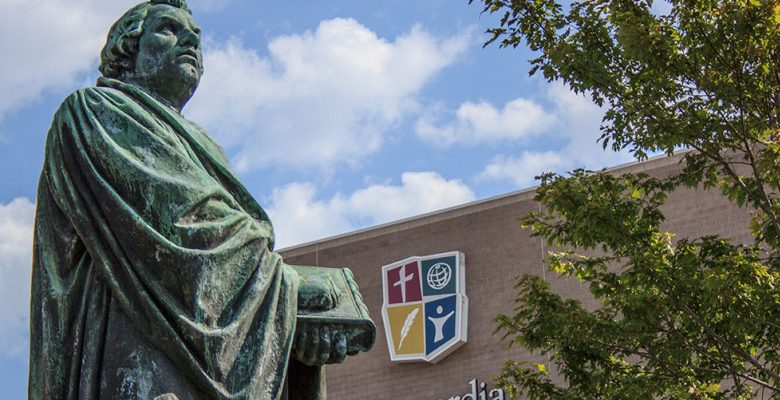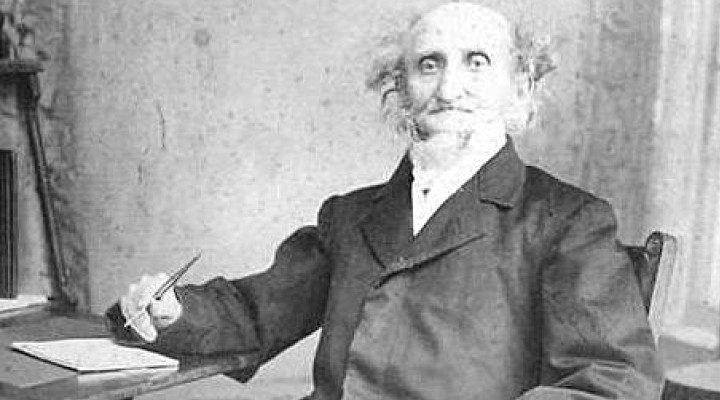Transparency from the United-Lister Synod leadership in St. Louis is lacking. Without consultation with our largest partner church in Hong Kong, Office of International Mission leaders in St. Louis announced for the first time publicly on Monday, February 5, that LCMS Asia mission operations are moving from Hong Kong, China, to Chiayi, Taiwan, Republic of China. What is causing President Harrison to sell our $35 million Hong Kong property and relocate our LCMS Asia headquarters to distant Taiwan? Did he forget the mission work of the Lutheran Church Hong Kong Synod (LCHKS) he praised just four years ago during the anniversary of 100 years of ministry to China? Please watch and listen to the two minute video below. Hear Matt Harrison honor the work of our partner church, the Lutheran Church Hong Kong Synod. How Will St. Louis Use the $35 Million? Why up to now haven’t congregations in Synod been informed
